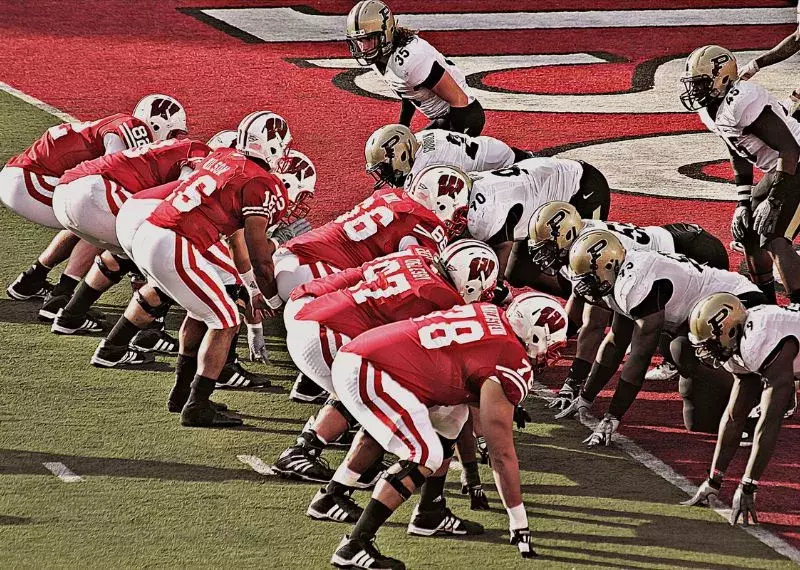The NFL is no stranger to blockbuster trades and offseason speculations, and one scenario that garnered significant attention was the possibility of Russell Wilson joining the Philadelphia Eagles. Had this trade come to fruition, it would have had wide-ranging implications for multiple teams involved. Let’s explore how such a move could have affected the NFL landscape.
The Eagles’ Perspective: A Masterstroke Turned Disaster?
From the Eagles’ standpoint, acquiring Russell Wilson would have initially been viewed as a brilliant move by their esteemed general manager, Howie Roseman. It would have been seen as a major step towards Super Bowl contention. However, the hindsight suggests that it would have turned into a complete disaster for the team.
The potential cost of securing Wilson’s services could have been astronomical, likely requiring the Eagles to part ways with key players such as Jalen Hurts, their promising young quarterback. Moreover, the draft picks and additional roster assets demanded by the Seattle Seahawks would have severely depleted the Eagles’ resources. The financial burden of Wilson’s massive contract extension would have further restricted their cap flexibility, making it challenging to retain their core players and build a competitive team.
Although Wilson may have improved the Eagles’ chances of reaching the playoffs, the overall cost, both in terms of players and cap space, would have hindered their long-term success. In retrospect, it is clear that the decision not to pursue the trade turned out to be a blessing in disguise for Philadelphia, saving them from a potentially disastrous outcome.
The Broncos’ Perspective: Searching for a Franchise Quarterback
On the other side of the hypothetical trade, the Denver Broncos were positioned as the team acquiring Russell Wilson. They were willing to give up a significant haul to secure a franchise quarterback of Wilson’s caliber. However, had the trade fallen through, the Broncos would have found themselves in a dire situation, still searching for a long-term solution at quarterback.
With Drew Lock failing to establish himself as the answer, the Broncos would have been compelled to explore other veteran options, such as Matt Ryan or Carson Wentz. However, history has shown that neither of these quarterbacks provided the desired results for their respective teams. The draft also offered limited prospects in terms of top-tier quarterbacks, leaving the Broncos in a precarious position.
The potential saving grace for the Broncos would have been their pursuit of Aaron Rodgers during the subsequent offseason. Holding on to offensive coordinator Nathaniel Hackett, a close friend of Rodgers, could have improved their chances of luring the reigning MVP. However, the outcome of such a scenario remains purely speculative.
The Seahawks’ Perspective: A Different Path for Rebuilding
For the Seattle Seahawks, a potential trade involving Russell Wilson would have impacted their ongoing rebuild and reshaping efforts. In return for Wilson, they could have acquired Jalen Hurts, a promising young quarterback, and potentially curtailed the rise of Geno Smith, who stepped up admirably in Wilson’s absence.
With Hurts at the helm, the Seahawks’ offense would have been bolstered by his dual-threat capabilities, complementing their run-based attack alongside talented playmakers such as DK Metcalf and Tyler Lockett. Geno Smith, despite his impressive performance, would likely have been relegated to a backup role.
However, keeping Hurts would have come at a significant financial cost for the Seahawks, potentially limiting their ability to make substantial moves in free agency and retain key players. The emergence of Smith as a reliable starter allowed the team to allocate resources elsewhere, contributing to their surprising competitiveness.
Conclusion
While the hypothetical scenario of Russell Wilson joining the Philadelphia Eagles undoubtedly intrigued NFL fans and analysts alike, the ultimate outcome of such a trade would have had far-reaching consequences. The Eagles, despite short-term benefits.
